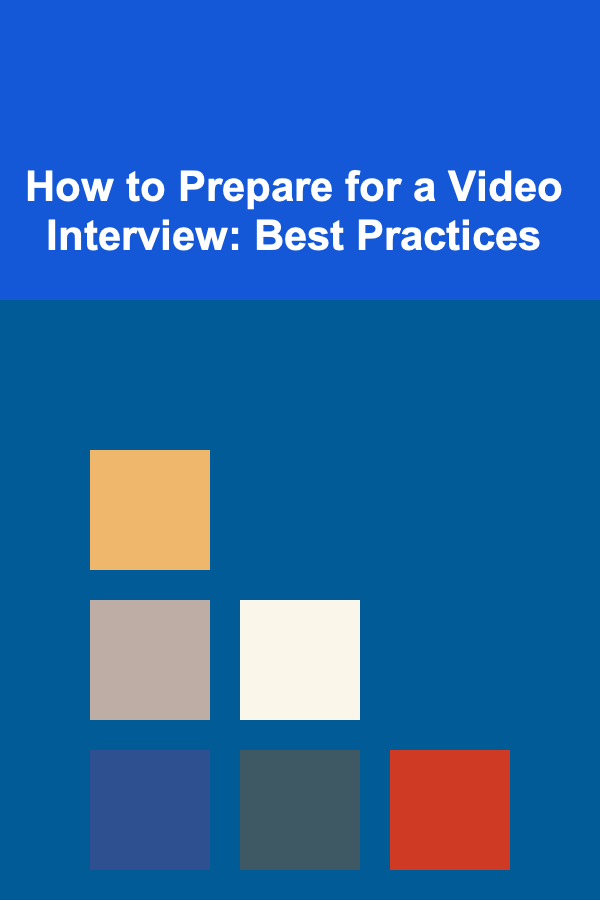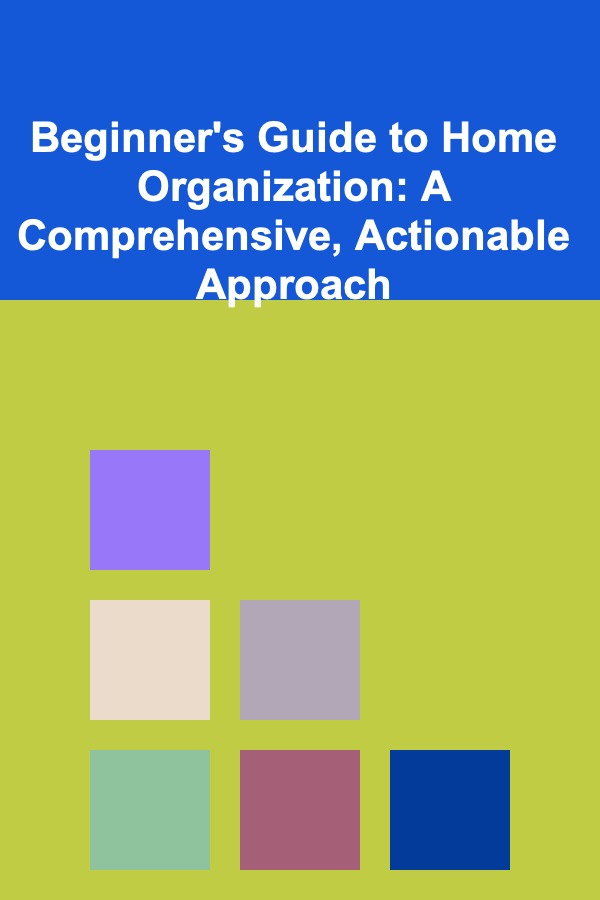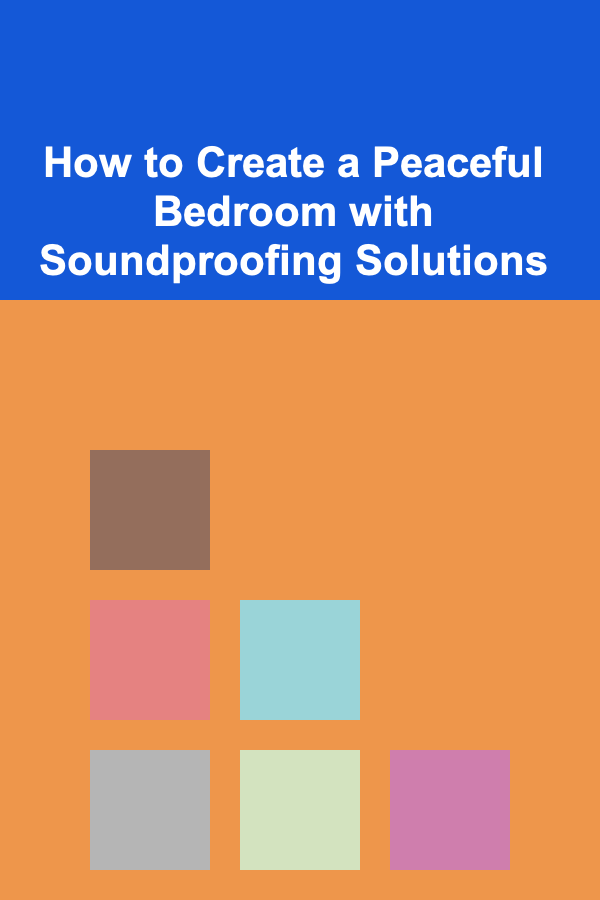
How to Prepare for a Video Interview: Best Practices
ebook include PDF & Audio bundle (Micro Guide)
$12.99$5.99
Limited Time Offer! Order within the next:

Video interviews have become a common part of the hiring process in recent years. With the rise of remote work, global recruitment, and the growing importance of digital communication, more employers are conducting interviews virtually. While video interviews offer many conveniences, they also come with their own set of challenges. Whether you're new to video interviews or looking to refine your technique, preparing effectively is essential. In this guide, we'll explore the best practices for preparing for a video interview to ensure that you make a positive and lasting impression.
Choose the Right Environment
One of the most critical aspects of a video interview is the setting. Your environment plays a major role in creating a professional atmosphere and avoiding distractions. Here's how you can ensure your environment is interview-ready:
Lighting
Ensure that your face is well-lit without being too harsh. Natural light is ideal, but if you're indoors, position yourself facing a light source like a lamp or overhead light. Avoid having bright lights behind you, as this can create shadows on your face and make you appear unclear or dimly lit.
Background
Your background should be clean, clutter-free, and professional. If you're conducting the interview from home, find a quiet, neutral space like an empty room or a plain wall. Avoid busy or distracting backgrounds, such as those with personal items, household chores, or messy environments. If this is not possible, consider using a virtual background, but ensure it's subtle and doesn't distract from the interview.
Minimize Noise
Ensure that the space is quiet and free of interruptions. Let others in your household know about the interview time, so they avoid disturbing you. Turn off any background noise sources, such as the TV or loud music, and close windows if you're near a noisy street.
Test Your Technology in Advance
Nothing is more frustrating than technical glitches during a video interview. To avoid this, you should thoroughly test all the necessary technology in advance.
Check Your Device
Make sure your computer, tablet, or smartphone is fully charged or plugged in during the interview. If you're using a laptop, check that your webcam and microphone are working correctly. If you're using a desktop, ensure that your external camera and microphone are plugged in properly.
Test the Interview Platform
Different companies use various video interview platforms such as Zoom, Microsoft Teams, Google Meet, or Skype. Make sure you're familiar with the platform being used for your interview. Test the platform at least a day before the interview to ensure that you know how to log in, use the features (like screen sharing if necessary), and adjust settings.
Audio and Video Quality
Before the interview, test your audio and video settings. Speak into your microphone and check if your voice is clear. Test your webcam to ensure that you are framed well on camera. It's also important to use good quality headphones if possible, to avoid sound distortion and ensure you hear the interviewer clearly.
Internet Connection
A stable internet connection is crucial for a smooth video interview. If possible, use a wired connection rather than Wi-Fi to avoid potential issues. If you must use Wi-Fi, make sure you're in a location with a strong signal. If you experience slow internet, try to fix the issue beforehand or contact your service provider.
Dress Professionally
Although you're interviewing from the comfort of your home, your appearance should be professional. Dress as you would for an in-person interview to make a good impression. This shows that you take the interview seriously and respect the interviewer's time.
Top Half Focus
In video interviews, the interviewer will mostly see your upper half. While you don't need to wear a suit, aim for business casual attire, such as a shirt, blouse, or dress that is appropriate for the industry you're applying to. Avoid wearing overly casual clothing such as T-shirts, tank tops, or sweatshirts, even if you are at home.
Avoid Distracting Patterns
Opt for solid colors or simple patterns. Bright, flashy colors or loud prints can be distracting on camera and may make it harder for the interviewer to focus on your face and expressions. Stick to neutral or muted colors like navy blue, gray, or soft pastels.
Personal Grooming
Take the time to groom yourself before the interview. This includes combing your hair, ensuring your makeup (if applicable) is neat, and checking that your clothes are wrinkle-free. A polished appearance will give the interviewer confidence in your professionalism.
Prepare Your Responses
Just as you would for an in-person interview, you should prepare your responses to common interview questions. While you can't predict every question, you can anticipate the types of questions that are likely to be asked. Here are some tips:
Behavioral Questions
Prepare for behavioral interview questions, such as "Tell me about a time when you solved a difficult problem." The STAR method (Situation, Task, Action, Result) is a great way to structure your responses to these types of questions.
Company Research
Do your research on the company, its culture, the role you're applying for, and the team you may be working with. Being able to discuss the company's goals, values, and recent news will show that you're genuinely interested in the position.
Practice Speaking Clearly
In a video interview, it's easy to get nervous or rush your words, so practice speaking slowly and clearly. If needed, rehearse with a friend or in front of a mirror to improve your delivery. Additionally, keep your answers concise and focused, and avoid speaking too much without getting to the point.
Engage with the Interviewer
While video interviews may feel a bit detached due to the lack of in-person interaction, it's important to maintain engagement throughout. Here's how:
Maintain Eye Contact
Look directly at the camera when speaking, rather than at the screen. This simulates eye contact and makes you appear more engaged. If you find it difficult, focus on a spot near the camera to simulate eye contact.
Body Language
Even though the interview is virtual, body language still matters. Sit up straight, smile, and nod as the interviewer speaks to show that you're actively listening. Avoid fidgeting or looking distracted. If you use hand gestures, keep them natural and in frame.
Active Listening
Listen attentively to the interviewer's questions and comments. Let them finish speaking before you respond, and avoid interrupting. If you don't hear something clearly, it's perfectly okay to politely ask them to repeat or clarify the question.
Ask Questions
At the end of the interview, when the interviewer asks if you have any questions, always have a few thoughtful questions prepared. This demonstrates your interest in the role and shows that you've researched the company. Some questions you might ask include:
- What does success look like in this position?
- How does the team collaborate remotely?
- What are the company's values, and how do they influence the work culture?
Manage Your Nerves
It's natural to feel nervous before an interview, especially if it's your first time doing a video interview. Here are a few strategies to manage your nerves and stay calm:
Practice Deep Breathing
Take a few deep breaths before the interview to calm your nerves. Slow, controlled breathing helps reduce anxiety and allows you to focus more clearly.
Prepare and Rehearse
Preparation is key to feeling confident. The more you practice and anticipate potential questions, the more comfortable you'll feel during the interview. Mock interviews with a friend or family member can help ease nerves.
Embrace Silence
If you need a moment to gather your thoughts during the interview, don't be afraid of silence. It's better to take a brief pause and respond thoughtfully than to rush your answer.
Follow Up After the Interview
After the interview, it's important to follow up with a thank-you note or email. Acknowledge the interviewer's time and express your continued interest in the position. Personalize the message by referencing something discussed during the interview to make it more genuine.
Keep It Short and Professional
Your follow-up should be concise, polite, and professional. Thank the interviewer again for the opportunity, express enthusiasm for the role, and mention how your skills align with the job requirements. A well-crafted thank-you note can reinforce your interest and leave a positive impression.
By following these best practices, you'll be well on your way to acing your video interview. Remember that video interviews are a unique opportunity to showcase your qualifications and personality, so take the time to prepare thoroughly. With the right setting, preparation, and mindset, you'll be able to make a great impression and increase your chances of landing the job.

Beginner's Guide to Home Organization: A Comprehensive, Actionable Approach
Read More
Financial Freedom: A Financial Advisor's Roadmap to Client Success
Read More
How to Create a Peaceful Bedroom with Soundproofing Solutions
Read More
How to Secure Your Garage Against Break-ins
Read More
How to Use Deep Learning to Build Profitable AI Solutions
Read More
How to Use Folders and Labels for Digital Files
Read MoreOther Products

Beginner's Guide to Home Organization: A Comprehensive, Actionable Approach
Read More
Financial Freedom: A Financial Advisor's Roadmap to Client Success
Read More
How to Create a Peaceful Bedroom with Soundproofing Solutions
Read More
How to Secure Your Garage Against Break-ins
Read More
How to Use Deep Learning to Build Profitable AI Solutions
Read More